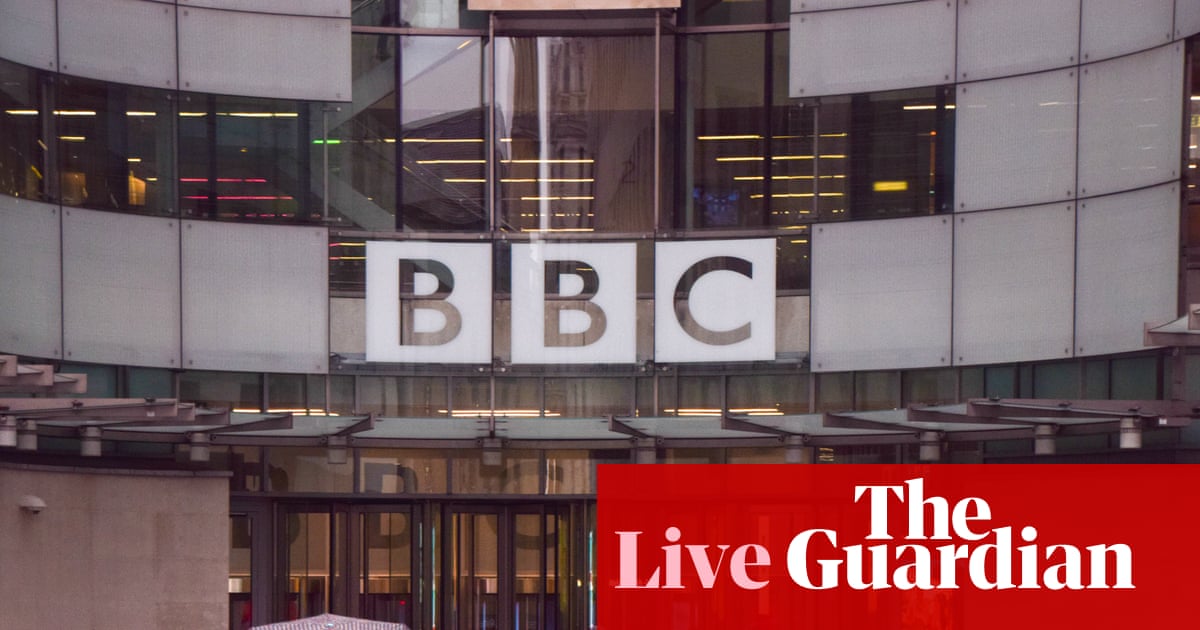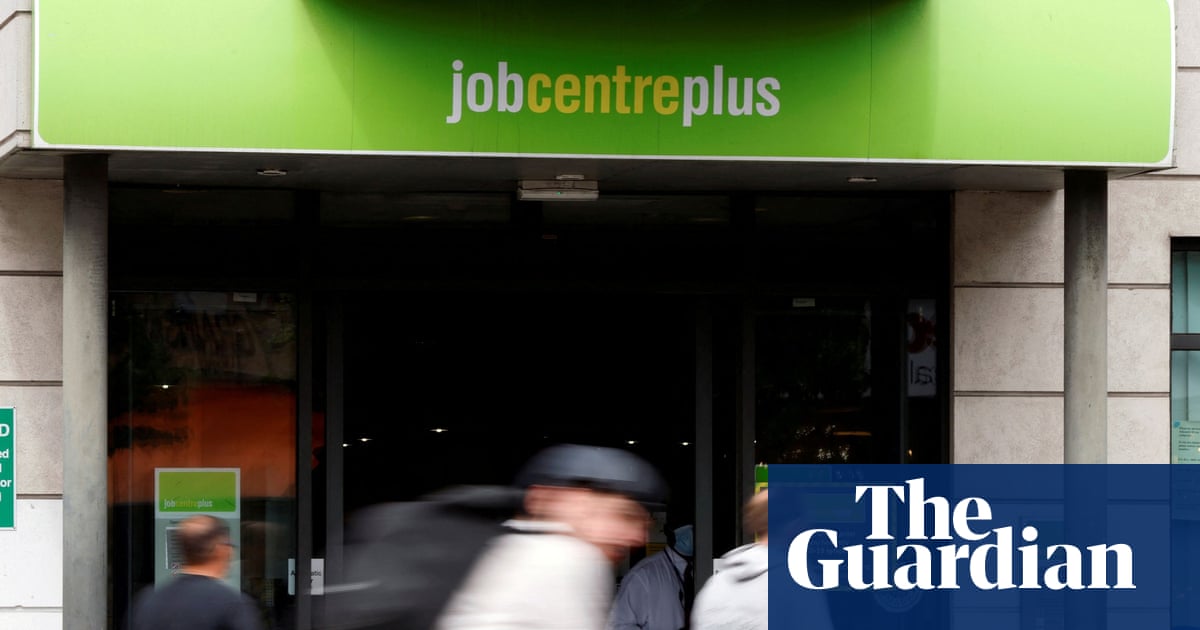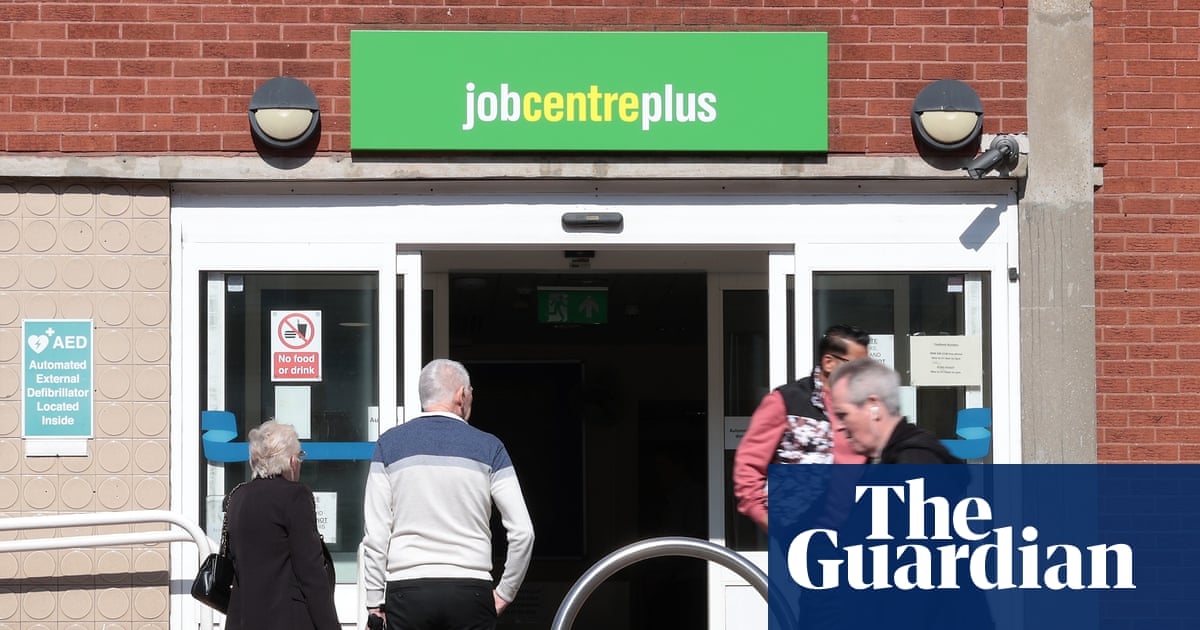The boss of the Confederation of British Industry has suggested the chancellor should tear up Labour’s manifesto pledge not to raise taxes on working people, in a significant intervention before the budget.
Rachel Reeves is widely expected to present a package of tax rises in her 26 November statement to offset deteriorating economic forecasts. However, the chancellor has been hamstrung by Labour’s promise not to increase the three main revenue-raisers for the Treasury: income tax, national insurance and VAT.
But in a surprise move in the debate about how to raise extra revenue, the CBI’s chief executive, Rain Newton-Smith, says the “time for tinkering is over”.
Writing in the Guardian, the head of the longstanding lobby group representing many of the UK’s largest companies warns the chancellor against “slavish adherence” to tax promises made in the run-up to last year’s general election.
She said the pre-election promises have now been overtaken by events.
“The fact is that geopolitics and global markets have shifted. The world is different from when Labour drafted its manifesto, and when the facts change so should the solutions,” she writes.
“The chancellor cannot raid corporate coffers again so she must look elsewhere, embracing long-term strategic tax reforms rather than maintaining a slavish adherence to manifesto promises on tax or ideas based on the world as it was 18 months ago.”
The party’s manifesto states: “Labour will not increase taxes on working people, which is why we will not increase national insurance, the basic, higher, or additional rates of income tax, or VAT.”
As well as suggesting Reeves revisit Labour’s promises on personal taxation, Newton-Smith calls for the reform of business rates, VAT thresholds for small firms and stamp duty.
Reeves used her maiden budget last October to announce a £40bn package of tax increases, including a £25bn increase in employer national insurance contributions that was widely criticised by businesses and has been blamed for helping fuel inflation.
The chancellor subsequently promised not to return with further tax rises, saying “there’s no need to come back with another budget like this” and “we’ll never need to do that again.”
However, the Iindependent Office for Budget Responsibility is widely expected to downgrade its growth forecasts, after a review of its optimistic-looking expectations for productivity.
This shift, coming after costly U-turns on welfare reform and the winter fuel allowance, could leave the Treasury looking for £20bn-£30bn in revenue in five years’ time to put Reeves on course to meet her fiscal rules.
However, despite this deteriorating outlook, the Treasury has repeatedly emphasised the chancellor’s determination to stick to the manifesto pledges in recent weeks, as speculation has mounted about potential tax rises.
Newton-Smith also reiterates the CBI’s concerns about the government’s employment rights legislation, which she argues is deterring firms from hiring.
Angela Rayner was widely viewed as the champion of the employment rights package inside government and lobbying from business groups to water down aspects of the bill has intensified since Rayner’s resignation last week.
“The employment rights bill in its current form will add cost and complexity, is already leading some firms to put hiring plans on ice, and risks making it even harder to bring people back into work,” Newton Smith says.
after newsletter promotion
The bill includes immediate protection from unfair dismissal, after a yet-to-be determined probationary period, the right to regular hours, and the right for unions to access workplaces.
Union leaders gathering in Brighton for the TUC conference on Tuesday said Labour had sought to issue reassurances that the party was still committed to the landmark bill.
The education secretary, Bridget Phillipson, who is standing in the contest to succeed Rayner as deputy Labour leader, told delegates on Tuesday: “One year ago we were elected to deliver this employment rights bill, and congress that is what we will do. We will not accept any watering down by the Lords. Forward with the employment rights bill in full. No ifs, no buts.”
One union leader said ministers risked blowing up relations with the labour movement at a difficult moment for the government, and would need to retain its workers’ rights plan to show a key point of difference with Nigel Farage’s Reform. “They are not going to want to go to party conference fighting with us,” the leader argued.
Mike Clancy, the general secretary of the Prospect trade union, said the government reshuffle had created “anxiety” at the Brighton conference, but that he believed Labour would push ahead with a policy that sought to bridge business and union demands.
“We need to take business with us on this journey, the re-regulation of the labour market is necessary and not up for debate, but, you know, we know what it’s like to have been on the wrong end of getting things done to us for 14 years.”
Keir Starmer carried out a wide-ranging reshuffle in the wake of Rayner’s departure, partly aimed at bolstering the government’s growth agenda.
At Tuesday’s cabinet meeting, the prime minister told colleagues they should be ready to “move from fixing the foundations to driving forward the growth and national renewal that delivers for working people”, according to a readout from his official spokesperson.
The Treasury has been approached for comment.

 2 months ago
49
2 months ago
49

















































